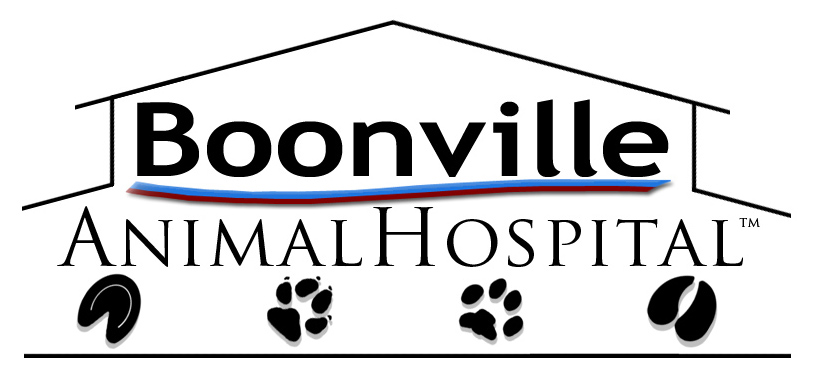Euthanasia Decisions and Your Dog
 Our culture has evolved to embrace the human-animal bond with love and respect. Our dogs are members of the family and many of us describe ourselves as pet parents.
Our culture has evolved to embrace the human-animal bond with love and respect. Our dogs are members of the family and many of us describe ourselves as pet parents.
Because of advances in veterinary medicine and preventive care, as well as the migration of dogs from the backyard to the house, dogs are living longer and in closer relationships with humans than ever before. The longer the relationship, the stronger the bond, and the more challenging it is to consider the end of a dog's life, including the difficult decisions around euthanasia.
Although it is heartbreaking to know that our dogs' lives are generally shorter than our own, thinking about your dog's eventual need for euthanasia and planning ahead will relieve much of the stress associated with end-of-life decisions.
How will I know when euthanasia is the most appropriate and humane option for my dog?
Maintaining open and honest communication with your veterinary healthcare team throughout your dog's life creates a foundation for effective communication when the dog's life draws to a close. At some point, most dogs develop a life-limiting disease such as organ failure, cancer, or debilitating pain. When such a diagnosis is made, it is time to begin measuring your dog's quality of life.
Quality of life is a subjective concept, which is why Dr. Alice Villalobos, a veterinary oncologist, has created a quality-of-life scale to help dog owners assign objective scores to everyday aspects of their dog's life (see the handout "Quality of Life at the End of Life for Your Dog").
This quality-of-life scale helps us identify trends over time, which allows us to more objectively assess declining quality over days and weeks. Your veterinarian will be better equipped to help you identify the right time for euthanasia if you keep them informed about the day-to-day details of your dog's life at home. Your veterinarian can clarify any medical implications of your dog's disease that may suggest that euthanasia should be considered.
Questions that should be asked as the time for euthanasia approaches include:
- What disease signs and symptoms will let me know it is time for euthanasia?
- What day-to-day activities will disappear from my pet's routine?
- How will I measure day-to-day quality of life?
- How often will I measure quality of life?
- How often will I discuss quality of life trends with my veterinary healthcare team?
- Which categories on the quality-of-life scale will be most important for my dog?
My spiritual beliefs prevent me from willingly ending an animal’s life. How can a discussion of euthanasia benefit my dog and me?
In this scenario, it is even more important to speak with your veterinarian about your dog's approaching end of life. It is certainly possible to honor spiritual beliefs that prevent euthanasia while still providing and delivering appropriate pain management and comfort care. In this case, your veterinary healthcare team will need to be very involved in measuring quality of life trends to prevent your dog from suffering unnecessarily.
Where will euthanasia happen?
Usually, euthanasia is provided at your veterinary practice or in your home; the location is at the discretion of the family. If you choose euthanasia at home, your primary care veterinarian may be able to provide that service. If not, there are house-call veterinarians, as well as veterinarians who dedicate their practice to providing in-home euthanasia services. Veterinary professionals can help you, your family, and your dog to be comfortable at this challenging time.
What should I plan for after my dog’s passing?
There are several questions you should consider in preparation for the approaching death of your dog:
- How will my dog's body be handled after death?
- Do I want my dog to be cremated or buried? Local bylaws may prevent home burial, so it is important to know what is allowed in your area.
- Do I want to keep a memorial, such as a lock of hair or my dog’s footprint in clay?
- Do I want to have my dog’s cremains returned in a keepsake, such as an urn or jewelry?
- How will my dog's body be transported after death?
- What should I do if my dog dies on their own, at home?
Having a detailed plan in place ahead of time may give you a sense of peace that will allow you to focus on the remaining time you and your dog will share.
Your veterinary healthcare team is an important partner as you negotiate the difficult days and decisions leading up to your dog's death. It is important to communicate your wishes clearly so that they can be honored appropriately. A bit of planning can make this heartbreaking event a little less painful.
© Copyright 2025 LifeLearn Inc. Used and/or modified with permission under license. This content written by LifeLearn Animal Health (LifeLearn Inc.) is licensed to this practice for the personal use of our clients. Any copying, printing or further distribution is prohibited without the express written consent of LifeLearn. This content does not contain all available information for any referenced medications and has not been reviewed by the FDA Center for Veterinary Medicine, or Health Canada Veterinary Drugs Directorate. This content may help answer commonly asked questions, but is not a substitute for medical advice, or a proper consultation and/or clinical examination of your pet by a veterinarian. Please contact your veterinarian if you have any questions or concerns about your pet’s health. Last updated on May 31, 2023.

